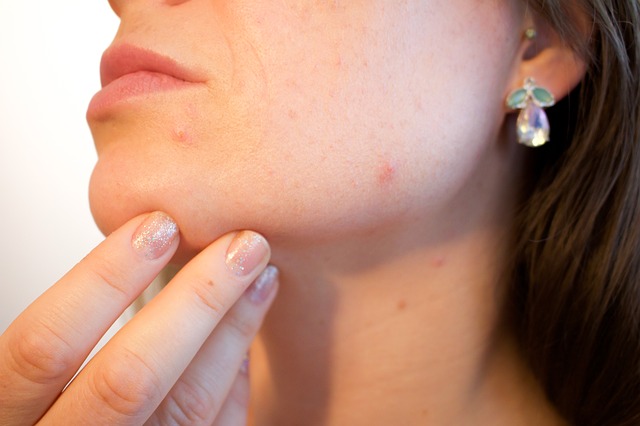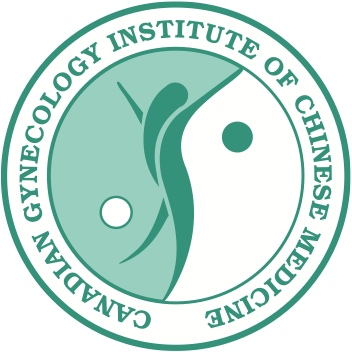Acne
Although acne is a skin condition that normally occurs during puberty, it can affect people of any age. It is the most common skin condition seen by dermatologists. It occurs when hair follicles get become clogged with dead skin cells, dirt and sebum (oil). The bacteria that is often involved is Propionibacterium acnes (P. Acnes).
The most commonly affect body parts are the face and neck, chest and back and arms. Acne can come in the form of whiteheads, blackheads, pimples and cysts.
Acne can be devastating, and can leave permanent mental and physical scars. There are not many treatments for acne that are safe. Antibiotics are commonly prescribed both topically and internally as well as the drug isotretinoin (Accutane) which is supposed to be reserved for the most debilitating and severe cases of acne are also being prescribed. Women are often prescribed birth control pills to alter hormones and the menstrual cycle to suppress acne.

Book An Appointment
How Chinese Medicine Views Acne
The benefit of treating acne with Chinese Medicine is that the treatments are individual. A practitioner is able to diagnose which imbalance in the body is causing the acne, and design a treatment to treat the cause. Usually herbal medicine.
The skin is controlled by the Lungs in Chinese Medicine, and the Lungs are connected to the Large Intestine. Acne is generally seen as Lung heat, heat can be paralleled with inflammation.
Types of Acne
Lung Heat
Often present as blackheads and whiteheads and may be slightly itchy. The areas often affected are the forehead, beside the nose. Other symptoms may include dry nose and mouth or nasa congestion, dry cough or dry stools.
This often affects adolescents, with small bumps all over the forehead.
Blood Heat
Often has emotional disturbance at it’s root which results in Qi (energy) stagnation which accumulates and enters the blood level, lodging in the skin. The areas often affected are near the nose and mouth as well as between the eyebrows. The face easily flushes with heat or emotional stimulation. Often aggravated premenstrually in women. Other symptoms may include dry stools and yellow urine.
Stomach Heat
This is usually diet related, eating a high-fat diet or eating too much spicy, fried and sweet foods which leads to the accumulation of heat in the spleen and stomach-the organs related to digestion in Chinese medicine. The areas affected are the mouth, chest and upper back. The face is oily. Other symptoms may include a tendency to eat large amounts of food, bad breath, dry mouth and tongue, a desire for cold drinks, dry stools and a red tongue with thick coating.
Damp Heat
The person has a pre-existing pattern of dampness which accumulates in the skin and tissues. Blood stasis is often present as well. Acne is often pus filled, painful and inflamed. The skin is oily, and scarring is often pitted. Other symptoms include headache, feeling hot, purple tongue with a yellow or white coating.
Spleen Deficiency with Dampness and phlegm
The person has weak spleen and stomach (digestion) and dampness accumulates to lodge in the skin. Other symptoms include poor appetite, pale swollen tongue with a greasy coating.
How Chinese Medicine treats Acne
Herbal medicine is the number one choice to treat acne. Herbs are powerful detoxifiers and can clear heat (inflammation) from the body, or dry up dampness as well as heal any damage to the digestive system or detoxify the liver.
Herbs that are applied topically in office and at home help to treat inflammation and infection locally and help the skin to repair and encourage new skin growth.
Acupuncture
- Benefits acne
- Balance hormones
- Clear heat
- Calm the mind
- Stimulate and repair the digestive system
- Stimulate blood flow to local areas
Treatments Available at Herb Fragrance
Internal Medicine: Herbal medicine can clear heat and detoxify. Herbs also help healing and regrowth of healthy skin. Herbs are available in powders, pills and decoctions which we can cook or can be cooked at home.
Herbal medicine is taken daily until the symptoms have cleared, usually for 3 months, and possibly longer for long standing issues.
Acupuncture: Acupuncture, as with herbal medicine has the ability to clear heat and balance the internal organs. Acupuncture is known to have a regulating effect on the hormones. Modern science is beginning to study the way acupuncture works, and they are finding that it is able to stimulate the release of hormones- which regulate between the sympathetic and parasympathetic nervous systems, improving digestion and healing.
Acupuncture is done 1-2 times per week until the pain has relieved and the desired effect is achieved.
Heat Lamp: An infrared heating lamp is an added tool used during acupuncture treatments, it is especially beneficial for cases involving cold.
Home Remedies for Acne
Mung beans and dandelion are two herb/foods that can be taken long term to treat acne. They are powerful detoxifiers which gently clear heat.
Mung Beans (Lu Dou): Sweet in nature, they affect the heart and stomach. Do not use in people with loose stools or diarrhea. Mung beans can be boiled with water at a ratio of 1:6 for 15-25 minutes. Eat the beans and drink the liquid. Flavour can be added to make them easier to eat, such as sesame oil and spices. They can be added to other cooking as well.
Dandelion (Pu Gong Ying) Tea: Sweet and bitter, it affects the liver and stomach. Take a handful of fresh dandelion leaves or dried leaves can be used. Boil in 1 -1.5 litres of water for 10 minutes. Drink while the tea is still warm. Alternatively, fresh leaves can be added to salads. The leaves are bitter, so mix them with other greens.
